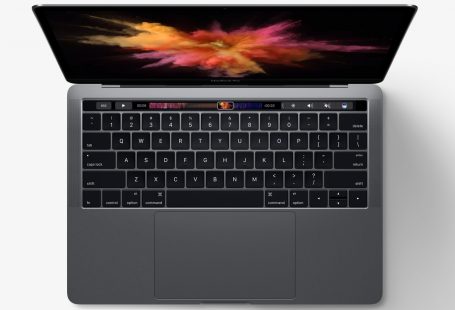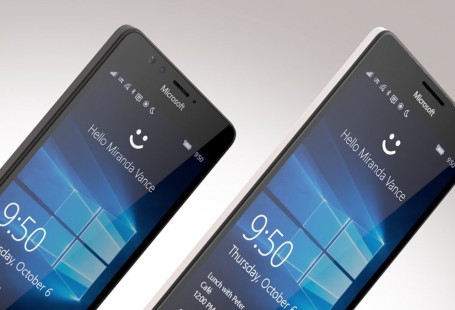In the coming weeks, Amazon expects to release a smaller, portable version of its voice-activated tabletop Echo speaker, building off the device’s surprise success.
In 2014 Amazon surprised us with its Fire TV device: you could push a button at the top of the remote to active a universal voice-search function.
In late 2014 there was an even bigger surprise. Amazon wanted to conquer our living room from a different perspective. Not with a smartphone, or a console, or a set-top-box. It wanted to conquer us with a speaker. But a neat one. Amazon Echo was born, and Alexa, Amazon’s voice assistant, was a cornerstone of that and other products from that point.
The idea was brilliant then, and is still brilliant today. You could argue that Amazon’s approach to the app store is far from ideal, but they have really good ideas on other segments, though not everything is a success.
So now the rumors are coming: Amazon is preparing a newer, smaller, cheaper version of its Amazon Echo. Its design resembles a beer can, it appears, but there’s a better idea, as Alex Barredo pointed out shortly after the news appeared:
Put in on a wrist. Sell millions https://t.co/V098t7bdNl
— Alex Barredo ☺ (@somospostpc) January 11, 2016
I don’t know if they’d sell millions, but that, for sure, would be pretty interesting too.
Source: Amazon to Release Portable Version of Echo Speaker in Coming Weeks



